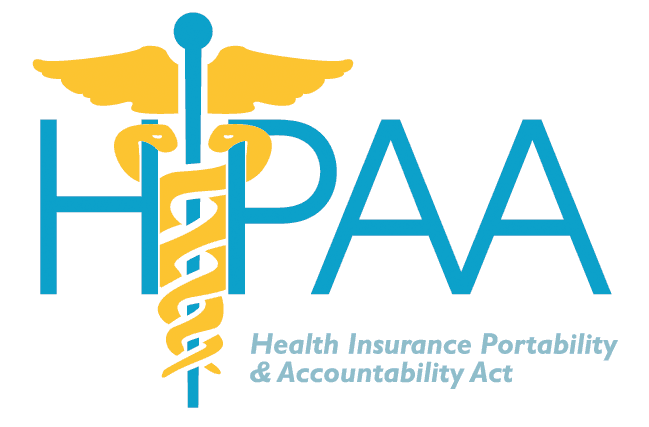25.02.2020 02.26 GMT+0000
Fiduciary litigation targets another large plan--but in some new ways.

Perhaps the most significant claim raised against Shell pertains to the claim that the Shell fiduciaries allowed Fidelity to use participant data to promote non-plan products and services.
A new lawsuit filed against the Shell Oil Company’s 401(k) plan raises several new challenges to fiduciary’s behavior. Most significantly, the suit assets that participant data is a plan asset and the use of such data by the plan recordkeeper to promote non-plan products generates several new fiduciary challenges.




